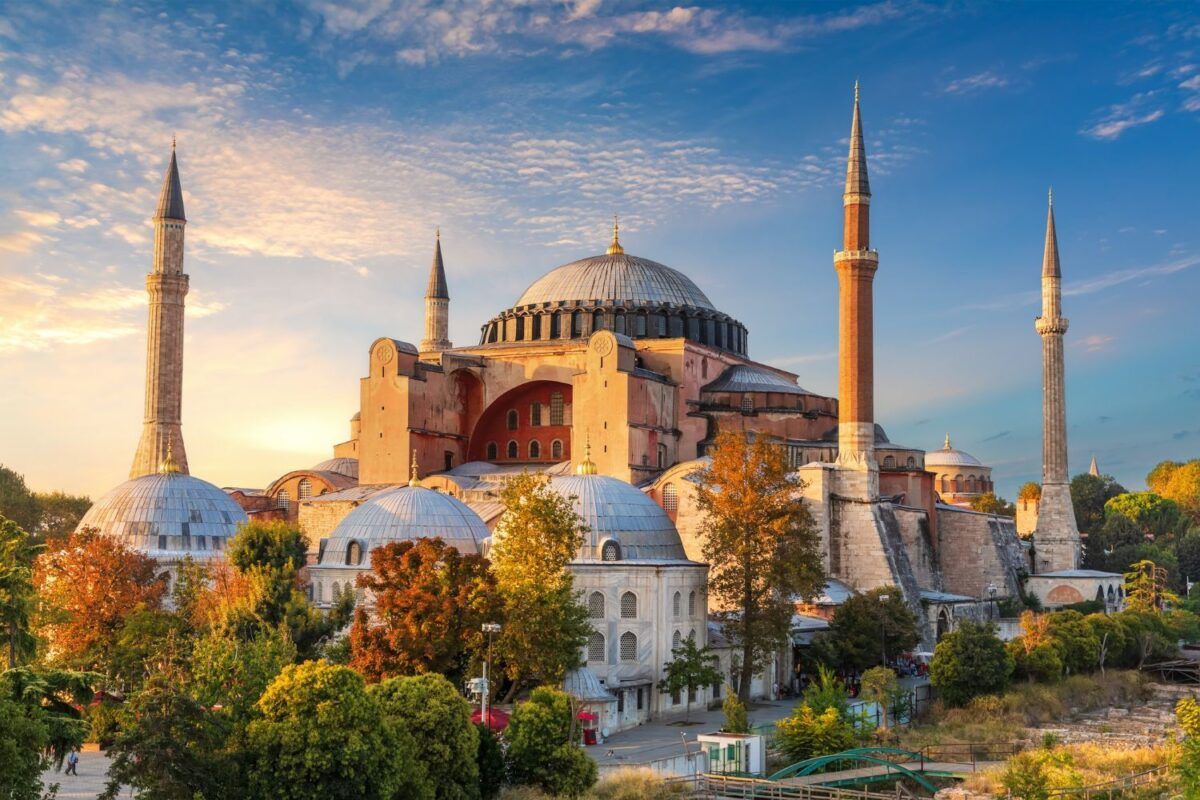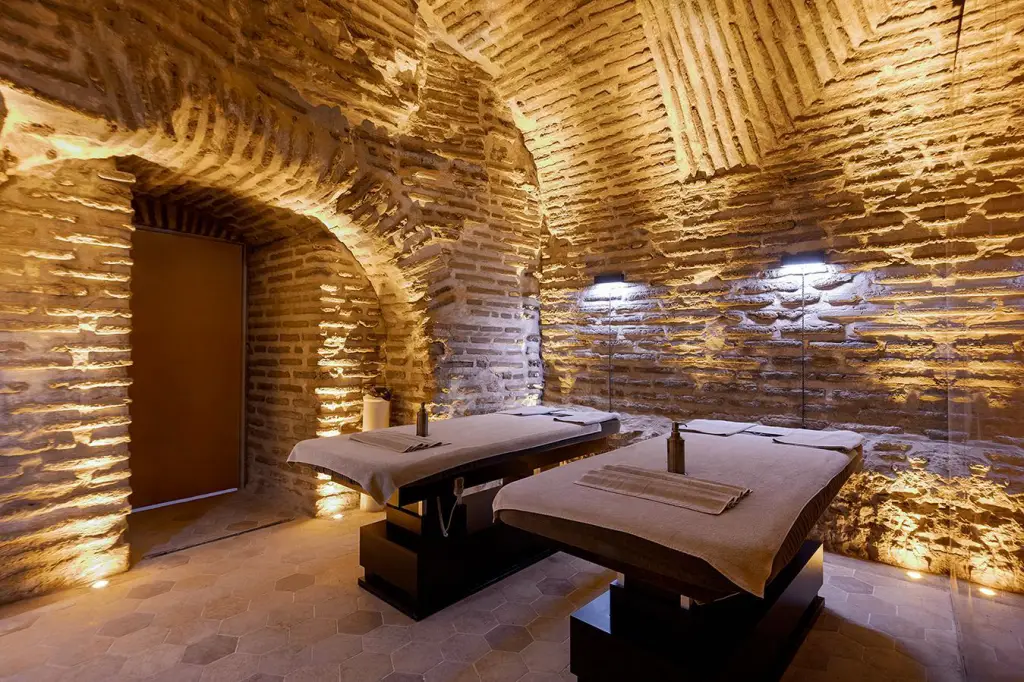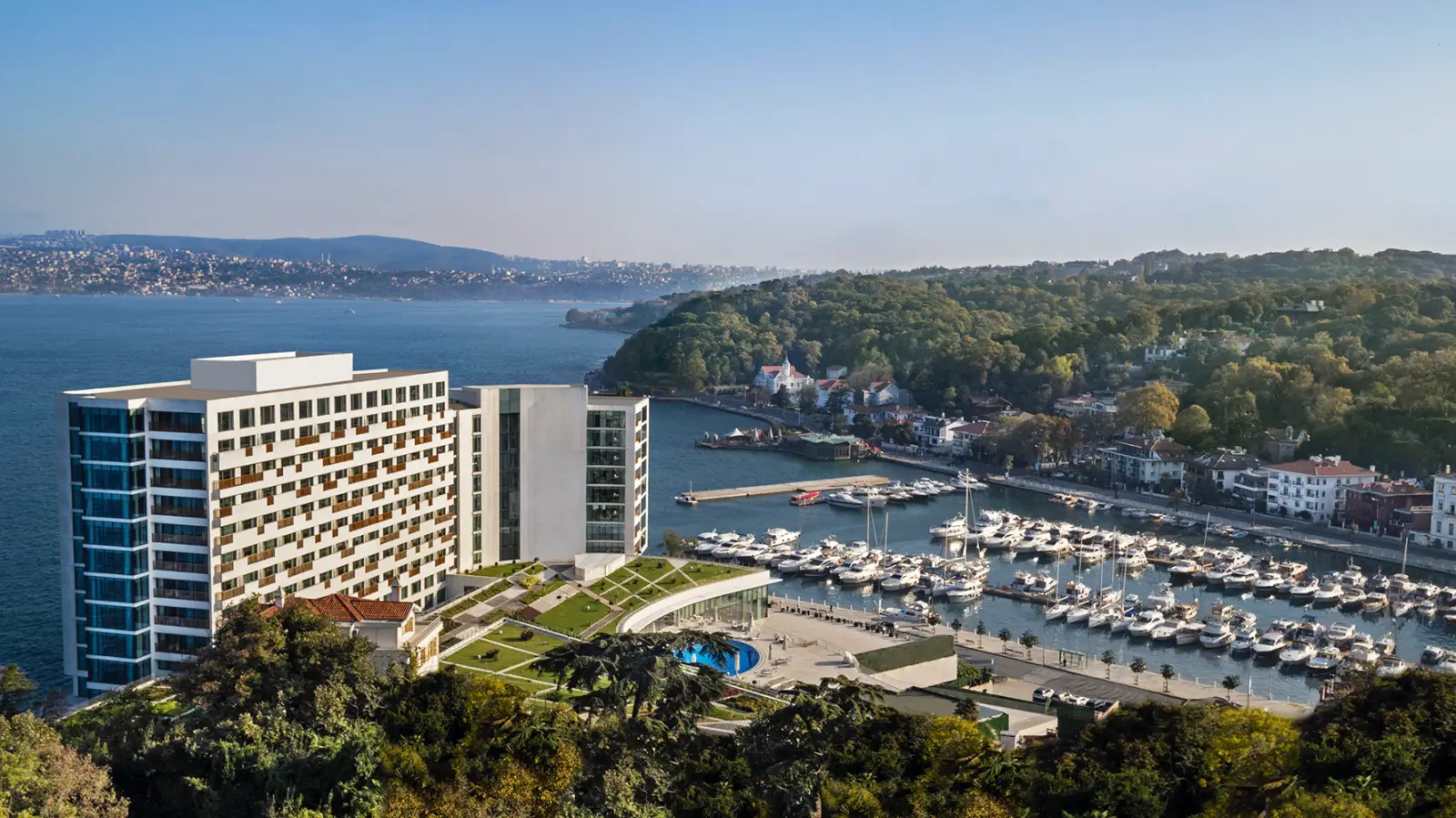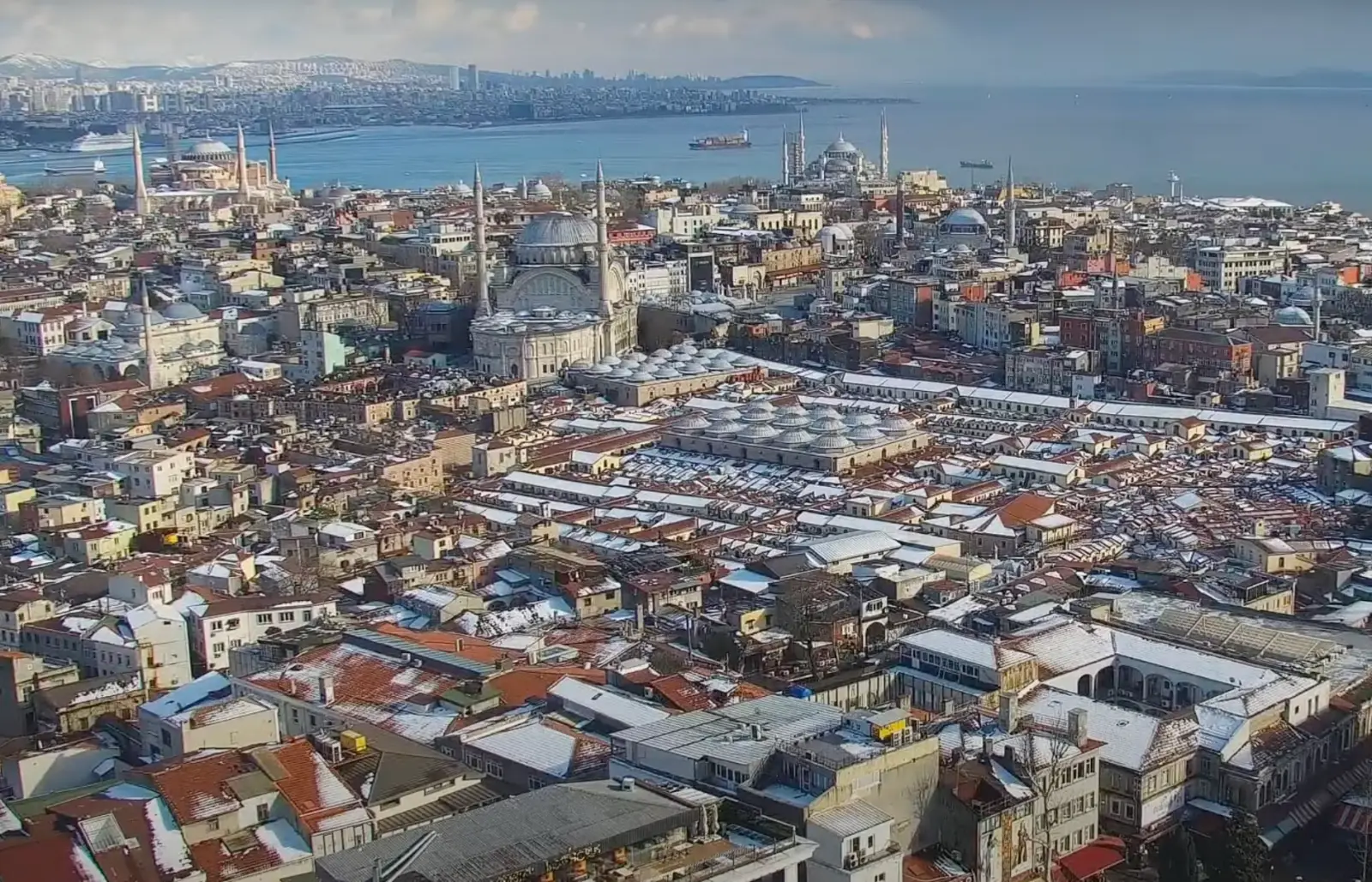Glass panels, massage rooms, and an experience pool hidden within ancient stone walls have left Istanbul in shock.
Just steps away from the historic Hagia Sophia, a 1,500-year-old cistern—once a crucial part of the city’s water supply system—was illegally converted into a luxury spa center, triggering legal battles and raising serious concerns about the preservation of cultural heritage.
Fatih Municipality’s investigation revealed that the ancient cistern, located in the Cankurtaran neighborhood, had been transformed into a modern spa facility without proper licensing. The unauthorized modifications included a glass addition at the entrance, a 120 cm deep jacuzzi-style pool, and several massage rooms, saunas, and Turkish baths built within the historical structure.
The spa advertised its services as a unique experience, blending ancient architecture with modern luxury, and offered treatments ranging from Swedish and aromatherapy massages to hot stone therapy and specialized couple’s packages under the name Sihr-i Sarnıç.
The cistern, classified as a Group I immovable cultural asset, falls within the Sultanahmet Square Urban Archaeological Site, making it subject to strict preservation regulations. In 2022, the Conservation Area Board ordered the removal of the illegal additions within six months. However, the business continued its operations, leading to a criminal complaint being filed in December 2023. The Ministry of Culture and Tourism, through its General Directorate of Cultural Heritage and Museums, has since taken action, rejecting the spa’s request for tax exemption in November 2024 due to unresolved violations.
One of the challenges complicating the case is the cistern’s complex ownership structure. With nearly 60 co-owners, including both public institutions and private entities, obtaining unanimous approval for restoration efforts has proven difficult. The Regional Directorate of Foundations, which owns only one-tenth of the cistern, reported that it could not remove the irregularities or prepare a restoration project independently due to its minority share.
In response, Fatih Municipality was asked to provide a detailed report on the irregularities and submit approved restoration plans. Their findings included unauthorized structural changes that compromised the integrity of the historic site. The Ministry has now intensified efforts to ensure the removal of illegal constructions and the restoration of the cistern, emphasizing the need to protect Istanbul’s rich cultural heritage from unauthorized commercial exploitation.
As legal proceedings continue, the incident has sparked widespread debate on balancing tourism, business interests, and the preservation of historical landmarks in one of the world’s most culturally significant cities.
What are your thoughts on preserving historical sites while accommodating tourism? Share your views in the comments below.














